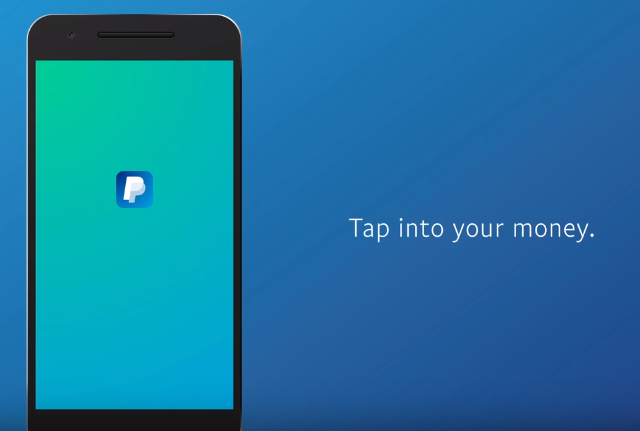PayPal has become ubiquitous in much of the world, such that we think of it as an established service and a leader in the payment processing field. When once it may have felt clumsy to use, in its early days, or people may have hesitated to trust it, it is now taken for granted. You’d be hard-pressed to find someone unwilling to use PayPal given the opportunity, barring some specific personal circumstance.
To a large extent, this change has happened simply because we’ve gotten more used to the idea of digital payments over the years. However, it is also likely the result of a constant, widespread effort by Facebook to become more than just a means of making payments online. It has made forays into banking, gaming, and, in its own way, social media. Consider the following:
-
- PayPal has essentially gotten into traditional banking via its existing platform. It can now accept direct deposit checks, carries FDIC insurance on account balances, and even issues debit cards through which users can withdraw cash at standard ATMs.
-
- PayPal has become a preferred tool for online gamers as well, not just in conventional video game purchases but in the expansive casino market. The way you spend is counted among the things to consider when choosing a casino platform, and these days many of the prominent ones allow for PayPal transactions.
-
- PayPal has also become almost deceptively social, even if many users may not realize it. For one thing, the company owns Venmo, which is designed as a peer-to-peer payment system with built-in messaging. Additionally however, according to a piece from the Sydney Morning Herald, 80 percent of PayPal’s customers in Asia sell via social media channels. The service is more thoroughly integrated with social media than even regular users necessarily realize.
These are some of the use-oriented ways in which PayPal has turned itself into a legitimate giant in payment processing, gaming, and social activity. And like any major tech player with this kind of reach, the company appears to be recognizing the need to be socially conscious and – when necessary – to take a stand against controversial practices.
This at least is what recent headlines would lead us to believe. For instance, in just the last few weeks PayPal has banned Tommy Robinson, a notoriously controversial right-wing figure in British punditry. It has also cancelled accounts associated with the Proud Boys and Antifa – two American groups associated with extreme ideology on the right and left of the political spectrum, respectively.
Whether or not you feel that these are decisions a private tech company ought to be making, they’re the sort of moves such a company is expected to make if it’s to be trusted by its broader user base in 2018. And the fact that PayPal is becoming socially and politically conscious is simply further evidence of its growth and expanding influence.


















